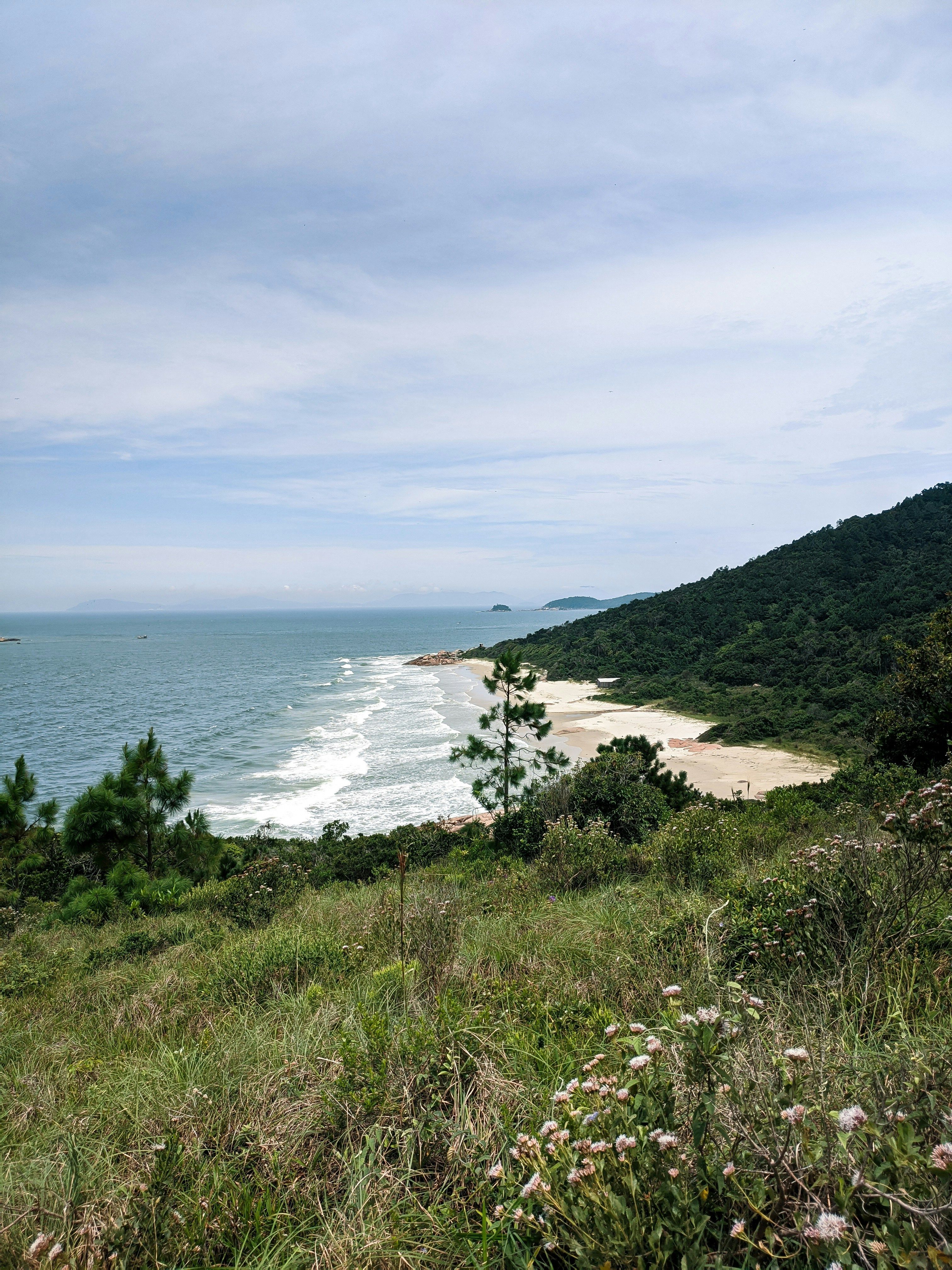"Decision Time for EU Membership" Albania's 2030 Hopes on the Line in Sunday's Parliamentary Election
Albania's Parliamentary Elections: A Critical Evaluation on the Journey Towards EU Integration
Residents of Albania are headed to the polls this Sunday, as the parliamentary election looms large on the nation's bid to join the European Union (EU) by 2030. Incumbent Prime Minister Edi Rama is eyeing another term, pledging to press forward with EU accession efforts. Taking on Rama is the right-wing opposition coalition led by former prime minister and president Sali Berisha, who's campaigning under the "Great Albania" banner, an homage to US President Donald Trump.
Polling places will open at 7:00 AM and remain open until 7:00 PM. Early election results are expected to be revealed by the Central Election Commission within a couple of days at the latest. For the first time ever, 245,900 overseas voters were provided the opportunity to cast their ballots by mail.
Forecasters anticipate a victory for the Socialist Party, which has been in power since 2005 under Rama. This 60-year-old leader is vying for his fourth term. The 80-year-old Berisha, who stands accused of corruption and is currently under investigation by the Albanian justice system, wants to regain power after a dozen years in opposition.
Source: ntv.de, AFP
Behind the headlines, Albania's bid to join the EU by 2030 faces a multitude of challenges. Key factors to Albania's potential EU accession in 2030 include:
- Stable pro-EU Leadership: The re-election of Rama ensures political stability, which is a must for the EU accession process. The Socialist Party's commitment to join the EU extends to 2027 negotiations and culminating in full membership by 2030.
- Implemented Reforms: The EU places immense importance on internal reforms to support enlargement. Albania needs to advance its efforts in governance, anti-corruption, judicial independence, electoral law, and press freedom to meet EU accession requirements.
- Regional Geopolitics and EU Priorities: The EU views Western Balkans enlargement as a priority, with Albania and Montenegro high on the list for possible accession before 2030. Albania has a track record of partnering with the EU on critical issues such as migration management, bolstering its credibility with the bloc.
- EU Enlargement Urgency Post-Ukraine Conflict: The ongoing Ukraine crisis has pushed EU enlargement endeavors to the forefront as a means of consolidating ties with Western Balkan countries.
On the flip side, Albania faces several hurdles to EU accession, such as the necessity of overseeing deep structural reforms, dealing with demographic and socioeconomic issues, managing political opposition, and ensuring regional stability. EU membership conditions necessitate that Albania adheres to EU foreign policy goals, navigating contentious regional tensions in the process.
- The stable pro-EU leadership, as assured by the re-election of Prime Minister Edi Rama, aligns with the community policy and policy-and-legislation aspects, crucial for Albania's EU accession process.
- The need for Albania to advance its efforts in governance, anti-corruption, judicial independence, electoral law, and press freedom, echoes the EU's emphasis on internal reforms in the context of enlargement, akin to policy-and-legislation.
- Albania's potential EU accession by 2030 may be significantly impacted by regional geopolitics and EU priorities, with the EU viewing Western Balkans enlargement as a priority and Albania's partnership with the EU on issues like migration management bolstering its credibility with the bloc, demonstrating war-and-conflicts and general-news implications.








